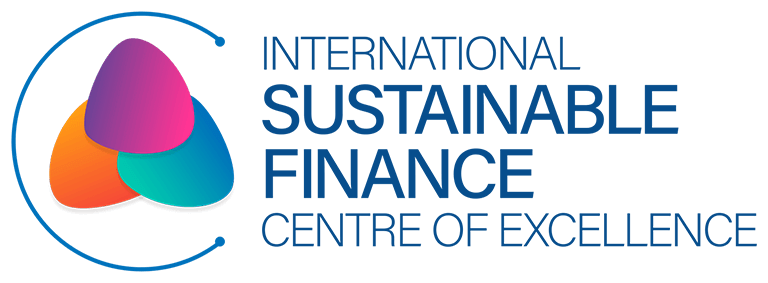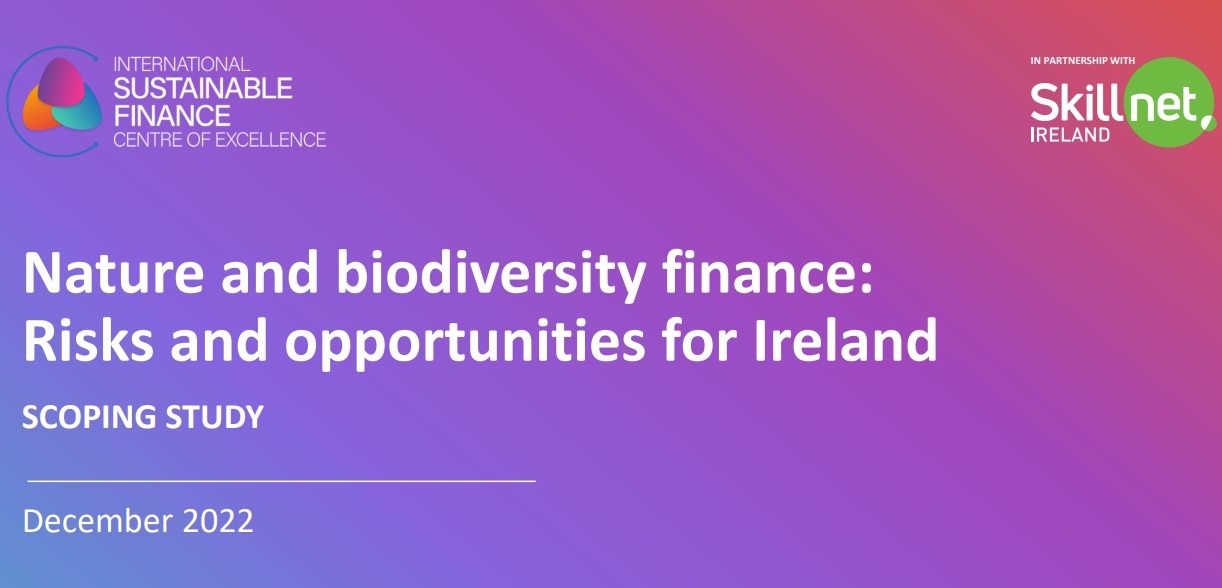Biodiversity Finance and the Opportunity for Ireland
The biodiversity finance agenda is undergoing a global surge, one which is being driven by the inherent risks and opportunities presented to financial systems as a result of economic dependency on the natural world.
The recent World Economic Forum global risks report showed that companies are recognising biodiversity risks but are not turning commitments into action.
Opportunities exist at a macro level to reverse the damage to biodiversity in recent years through policy reform and regulation, for private sector players to provide nature positive customer solutions and for Ireland to take advantage as a leader in this area.
In December 2022, the International Sustainable Finance Centre of Excellence (ISFCOE) released it’s scoping study ‘Nature and biodiversity finance: Risks and opportunities for Ireland’ to examine the burgeoning biodiversity agenda in line with Action 8 of Ireland’s Sustainable Finance Roadmap.
“Biodiversity finance is concerned with how financial and capital markets operate and align in order to deliver nature positive returns. Five years ago it was a largely niche area but now it is a global hot topic. The inter-connectedness between climate and nature is also now becoming recognised with 30% of climate goals, nature related.” Mark Halle, Senior Fellow, International Institute for Sustainable Development (IISD) Co-Founder Better Nature
Risks
Nature related risks manifest themselves primarily through the dependencies from, and impacts of, biodiversity on business and financial organisations.
These include physical risks such as climate change, land use change and overexploitation of natural resources.
Such risks pose a grave threat not just to financial institutions, but to the wider economy and the population at large, resulting in the decline of air quality and local climate as well as having a negative impact on food and water security.
Ireland is not immune to this global challenge and has also experienced a significant level of biodiversity degradation. For example, around 31,000 species of flora and fauna are known to occur in Ireland, yet the conservation status of only 10% has been assessed. Of those assessed 20% are threatened with extinction.
One third of Irish bees are currently at risk of extinction, with 2 species having already become extinct over the past 80 years. Only around half of Irish surface water is in a satisfactory ecological condition.
Elements of the national economy face particular exposure to these risks including:
- Real Estate, Land and Development Activities
- Manufacturing
- Wholesale/Retail Trade & Repairs
- Agriculture, Forestry and Fishing
Opportunities
The biodiversity finance agenda has presented a suite of opportunities for both private and public sector financial actors and businesses.
Currently the public sector is the more prominent actor in nature based and biodiversity finance, offering financial instruments which would encourage business to advance conservation outcomes through tax breaks and other incentives. The State also has a critical role in attracting foreign direct investment as capability and critical mass of expertise emerges.
A number of innovative strategies are open to the market including:
- Debt/equity instruments – funds that (for example) invest in sustainable land use and conservation
- Crowd funding – Harnessing social networks to deliver funding for nature positive projects
- Impact investing – Generation of ESG linked impact alongside a financial return through investing in biodiversity related companies, organisations and funds
- Grants – Providing development assistance to generate impact
- Green banks – Government backed investments into underserved nature positive companies and markets
- Biodiversity credits – Creation tradeable biodiversity credits i.e. units of biodiversity being restored or preserved
Next steps
As per action 8 of Ireland’s Sustainable Finance Roadmap, the ISFCOE will be undertaking a more detailed study into risks and opportunities for the nature and biodiversity finance agenda in Ireland.
The deep dive study will build on this scoping report in order to go into greater detail across all elements.
In particular, the analysis will focus in greater depth on Ireland’s public/private investments, data requirements, new financial instruments, the emergence of the TNFD and other regulatory considerations as well as disclosure requirements from a risk and impact perspective.
Consideration will be given to any training needs that may arise to ensure capacity building efforts are in line with the evolving nature of the biodiversity finance agenda. An industry working group will oversee production of this deep-dive report.






Leave a comment